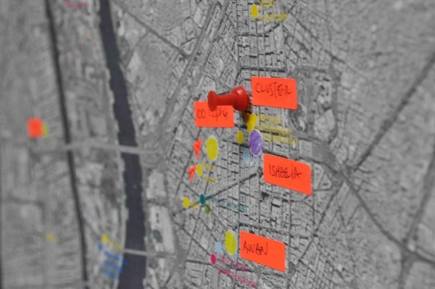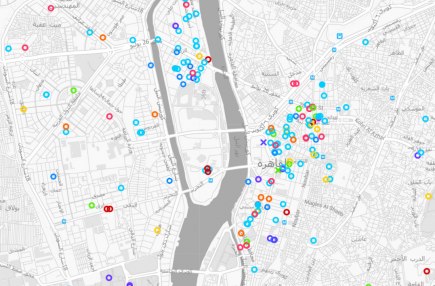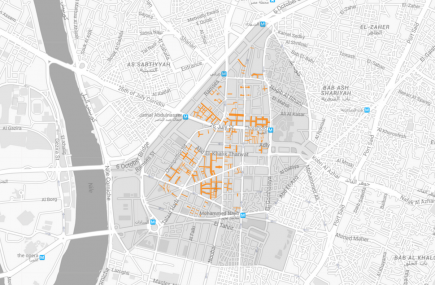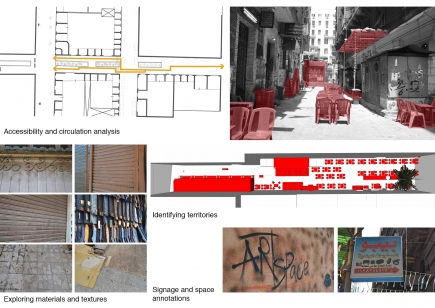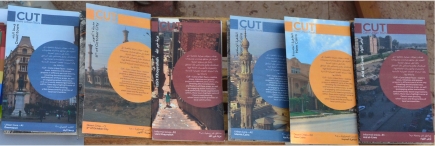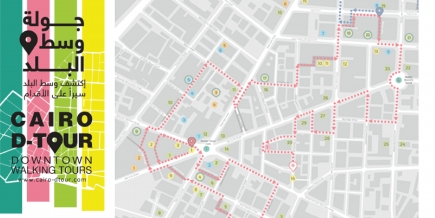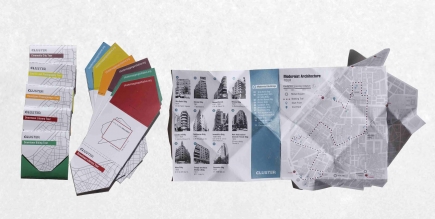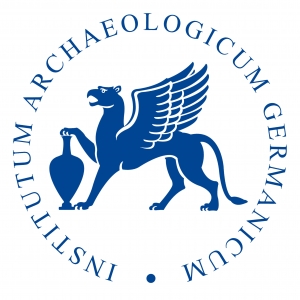| Type: | |
| Areas of Focus: | |
| Activities: | |
| Resources: | |
| Address: | German Archaeological Institute, Cairo Department 31, Abu el-Feda, Zamalek, Cairo, Egypt |
| Website: | http://www.dainst.org/dai/meldungen https://www.facebook.com/pg/DAINST.Kairo/about/?ref=page_internal |
| Email: | sekretariat.kairo@dainst.de |
| Phone: | 002-02-2735-1460, 002-02-2735-2321 |
| Public Hours: | 09:00 - 13:00
|
The German Archaeological Institute (DAI) is a »scientific corporation« of the Federal Institution under the auspices of the German Foreign Office.
Mission
The staff of the Deutsches Archäologisches Institut carries out research in the area of archaeology and in related fields which includes domestic, but especially international excavations, expeditions, and other projects.
Research results are presented in numerous publications (to date more than 60 volumes per year). The Institute maintains libraries and photo archives which are at the disposal of international scholars.
It maintains relations with international scholars, including numerous important specialists from associated fields who are regular and corresponding members, and also promotes the next generation of scholars. Furthermore, it organizes congresses, colloquia and tours, and informs the public through the media about its work.
Description
Founded in 1907, the Deutsche Institut für ägyptische Altertumskunde became affiliated with the Deutsches Archäologisches Institut in 1929. Since 1957 the department is situated in a villa in Cairo-Zamalek.
In cooperation with the Egyptian Ministry of State for Antiquities and other international partners, the department researches all Egyptian periods from the prehistoric age to modern times. The main focus of research is on settlement and landscape archaeology, the design and function of ritual spaces, on living environments and on the reconstruction of cultural competence and experience. Further key topics are the relationship between continuity, transformation, and innovation as well as the perception of ancient Egypt and it‘s role in the construction of cultural identities, both in Egypt and in Europe.
